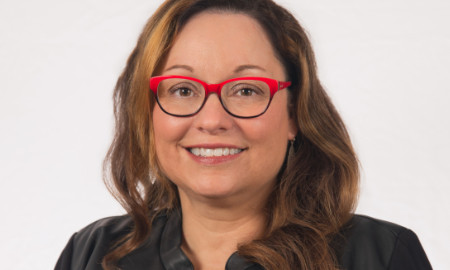Sign up for our free daily newsletter
YOUR PRIVACY - PLEASE READ CAREFULLY DATA PROTECTION STATEMENT
Below we explain how we will communicate with you. We set out how we use your data in our Privacy Policy.
Global City Media, and its associated brands will use the lawful basis of legitimate interests to use
the
contact details you have supplied to contact you regarding our publications, events, training,
reader
research, and other relevant information. We will always give you the option to opt out of our
marketing.
By clicking submit, you confirm that you understand and accept the Terms & Conditions and Privacy Policy
A judge has rejected a jury verdict that had ordered Google to pay patent holding company Personal Audio LLC $15.1m in damages for infringing two of its patents.
Patent Holding Company Personal Audio had sued Google for infringing patents related to sequencing of audio recordings in a digital library in Google’s Play Music app.
During a six-day trial in June, the jury had found Google liable for direct and induced infringement of certain claims of the two patents.
On 5 September at the US district court for Delaware, Judge Colm Connelly found that Personal Audio had not “adduced sufficient evidence to support the jury’s direct infringement verdict with respect to the ‘sequencing file’ limitations”. Personal Audio had, however, adduced sufficient evidence to support the jury’s direct infringement verdict with respect to the ‘LocType’ limitations – another claim in dispute.
The ‘sequencing file’ limitation is present in each of the asserted claims. The judge therefore ruled that Personal Audio had not provided sufficient evidence to support the jury’s direct infringement verdict and, accordingly, found that Google was entitled to “judgment as a matter of law” of no direct infringement, meaning in US law the opposing party had insufficient evidence to support its case.
Discussing the other arguments of induced infringement, wilfulness and damages, he said that because there was no direct infringement, Personal Audio was not entitled to compensatory or enhanced damages. He also said if his judgment is later vacated or reversed, Google would be allowed a new trial.
Personal Audio was represented by Farnham LLP’s Brian E. Farnan, Michael J. Farnan, Rosemary and J. Piergiovanni and Stradling Yocca Carlson & Rauth’s Steven M. Hanle, Jason de Bretteville, Douglas Q. Hahn, Salil Bali, Lisa Northrup, Ahmad Takouche and Henning Schmidt.
Google was represented by Morris Nichols Arsht & Tunnell’s Jack B. Blumenfeld, Brian P. Egan and Cameron P. Clark and Quinn Emanuel Urquhart & Sullivan’s Melissa J. Baily, David A. Perlson, Antonio R. Sistos, Jeff Nardinelli, Patrick Stafford, Owen F. Roberts, Olga Slobodyanyuk and Lance Yang.
Email your news and story ideas to: [email protected]











